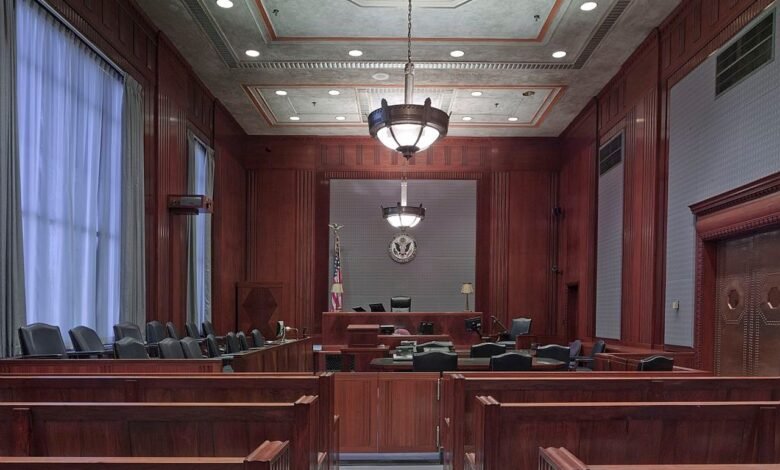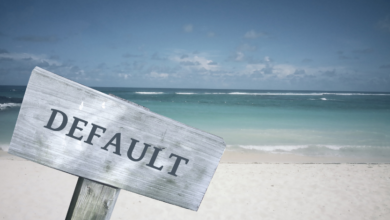The Role of Expert Witnesses in Personal Injury Cases

Expert witnesses play an important role in bridging the gap between complicated technical material and the lay comprehension of a jury. Personal injury cases often hinge on intricate details related to medical conditions, technical specifications, or industry standards that require expert elucidation.
Expert witnesses use their specialized expertise and professional judgments to establish facts, explain doubts, and affect the result of a case. This article explores how expert witnesses are pivotal in personal injury cases.
Understanding Personal Injury Cases
These lawsuits often involve a plaintiff seeking restitution for harm caused by the defendant’s carelessness or malicious behavior.
Car accidents, medical negligence, industrial injuries, and slip-and-fall incidents are some of the most common personal injury lawsuits.
The primary objective in a personal injury case is to prove liability and quantify damages. Expert witnesses are crucial in establishing these elements, especially when the case involves technical or specialized knowledge.
Consider this recent example in St. Louis, Missouri, where Amazon’s complaint was raised with the Occupational Safety and Health Administration. According to Reuters, the Missouri Workers Center filed this complaint for employees at an Amazon warehouse near St. Louis.
In this case, Amazon is responsible for ensuring worker’s safety and providing medical assistance. However, the company is neglecting it, causing challenges for the employees. If this results in any injury to one or multiple workers, it can become a personal injury case.
All you need to do is hire a local attorney to help you with the legal proceedings. For instance, suppose one of the workers at the Amazon warehouse is injured due to the hazardous work environment. In that case, they can find St. Louis personal injury lawyers and hire the one that suits their needs.
According to TorHoerman Law, experienced attorneys have witnessed many such incidents and can, therefore, understand your situation. They know how devastating the aftermath of such an incident can be. Thus, they can fight for your rights and help restore financial losses so that you can move past the horrific experience.
Types of Expert Witnesses
Expert witnesses in instances involving personal injuries come from a variety of professional areas and offer distinct perspectives that are pertinent to the case. Experts in medicine, engineering, economics, and accident reconstruction are among the most prevalent kinds.
- Medical experts: These professionals, such as doctors, surgeons, and specialists, are often called upon to explain the nature and extent of the plaintiff’s injuries. Their evidence aids the court in comprehending the medical elements of the case by addressing the diagnosis, treatment, prognosis, and cause of the injuries.
Medical experts can also offer opinions on whether the medical treatment met the standard of care, which is crucial to establishing liability. - Engineering experts: Engineers may be enlisted to analyze accidents involving machinery, structures, or other technical aspects. They can reconstruct the events leading to an accident, identify design or manufacturing defects, and assess whether safety protocols were followed.
- Accident reconstructionists: These professionals reconstruct accident scenes using scientific concepts and investigation methods. When determining who is at fault in an automobile collision, their conclusions might be quite important.
- Economic experts: To determine the financial consequences of an accident, economists or financial experts are sometimes consulted. They evaluate medical costs, missed income, reduced earning potential, and other financial losses. Their expertise helps to provide a comprehensive picture of the financial losses suffered by the plaintiff.
Expert Witnesses’ Role in Determining Liability
One of the most important aspects of personal injury litigation is determining responsibility, which frequently calls for the evidence of expert witnesses.
For example, a medical expert can evaluate whether the healthcare provider’s conduct deviated from the accepted standard of care. As stated in an NCBI article, the expert will be deposed if the case continues. During a deposition, the expert witness offers recorded testimony under oath in response to questioning from counsel on both sides.
They are able to provide the court with an understandable explanation of intricate medical standards and processes. This helps establish whether the provider’s negligence led to the patient’s injury or not.
The Legal Standards Governing Expert Testimony
The admissibility of expert testimony is governed by legal standards designed to ensure its relevance and reliability.
According to the National Institute of Justice, there are six rules mentioned for experts: 701 to 706. These standards serve as gatekeeping measures to prevent unreliable or speculative testimony from influencing the court. As such, expert witnesses must adhere to rigorous scientific and professional integrity standards.
Frequently Asked Questions
What are the duties of an expert witness?
Expert witnesses help the court comprehend complicated matters by offering their specialist expertise and opinions during legal processes. They have to maintain objectivity and give advice based on their knowledge rather than preconceived notions.
What role does an expert witness play?
An expert witness’s value stems from their capacity to give impartial insights into specialized areas that the general public can not grasp. Their testimony can help to explain complicated topics, enhance or challenge arguments, and ultimately assist in a fair and reasonable settlement.
What are the expectations for an expert witness?
Expert witnesses must maintain the greatest expertise, honesty, and trustworthiness. They must thoroughly study relevant sources, perform independent research, and present their conclusions clearly, simply, and intelligibly.
Their expert knowledge and qualified judgments fill up the gaps between jurors’ and judges’ comprehension of complicated technical material.



